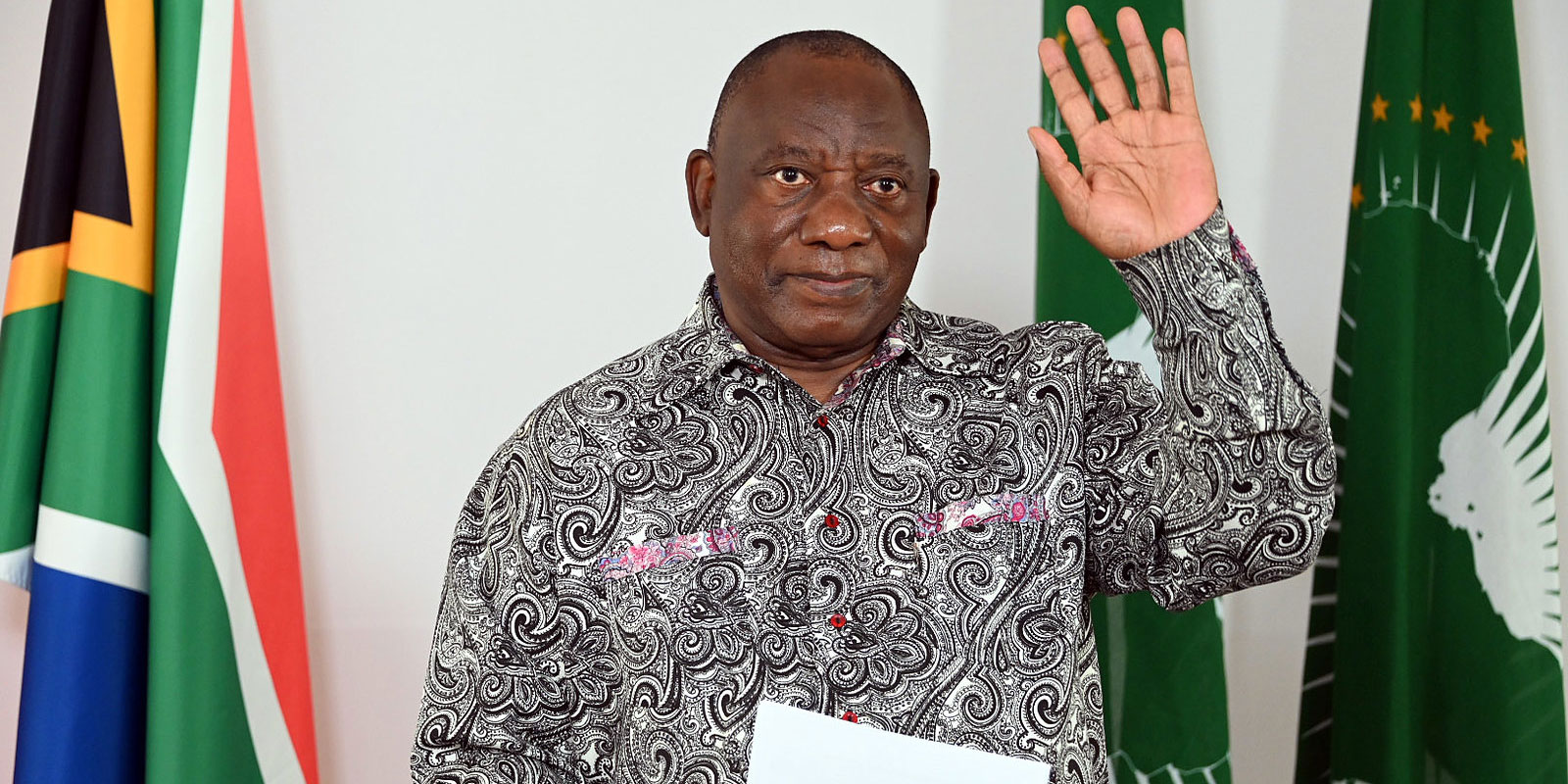Globally, there were more COVID cases reported in the first five months of 2021 than in the whole of 2020. We, therefore, have to act with urgency and at an unprecedented scale. To successfully contain a virus of this nature, to limit loss of life and to prevent the emergence of new variants requires that as many of the world’s population is vaccinated in the shortest time possible.
At the same time, we need to address the substantial financing gap for tests, treatments, critical supplies like oxygen and the health systems that enable testing, treatment and vaccination. It is, therefore, vital that G7 countries – which together account for more than half of global output – provide substantial support to the Access to COVID-19 Tools Accelerator.
Since its formation a year ago, the ACT-Accelerator has supported more than 70 countries to expand lab infrastructure for testing and delivered millions of rapid diagnostic tests; accelerated development and production of vaccines; delivered more than 69 million doses since February 2021; and procured PPE with a value of more than US$ 500 million. The ACT-Accelerator has the potential to fundamentally change the global trajectory of this disease, but only if all countries contribute their fair share to close the $16.8 billion funding gap for this year. If all G7 countries met their fair share target, this initiative would be two-thirds funded – and it would be 90 per cent funded if all G20 countries made their fair share contributions.
If we are to save lives and end the pandemic, we need to expand and diversify manufacturing and get medical products to treat, combat and prevent the pandemic to as many people as quickly as possible. The proposed TRIPS waiver is a temporary, targeted and proportional response, which recognises the unprecedented nature of the pandemic. Addressing the intellectual property barriers, enabling the transfer of technology and know-how whilst facilitating backward integration to raw materials and distribution rights, is fundamental for scaling up manufacturing of medical products and equipment.
We have called on all G7 Members to support the waiver and engage in negotiations that will result in a balanced outcome that massively and rapidly expands production in Africa across the world. The negotiations must be concluded soon because the cost of inaction is measured in people’s lives.
South Africa is committed to working with the G7 and invited member states to protect and promote shared democratic values. This pandemic has demonstrated the value of a free and diverse media, an active citizenry and robust democratic institutions. It has also underlined the importance of a global human rights agenda that tackles social and economic injustice, systemic racism and gender inequality. It is important that we respect diversity in democratic models, institutional arrangements, economic systems and developmental approaches.
South Africa welcomed the focus at the G7 Summit on the digital economy and the impact of the 4th Industrial Revolution on developing economies. It is clear that without capacity building, the digital divide between and within nations will result in bigger economic disparities.
We have welcomed the G7’s resolve to make skills accessible and expand training and education, particularly for girls and women. Women’s empowerment is central in poverty eradication and promoting inclusive economic growth in Africa. That is why the African Union has prioritised investment in the education of girls and young women, improving access to finance and markets, and promoting women entrepreneurship. We will never realise our ambition of open societies and economies for as long as women do not have equal social and economic opportunities.
If the world is to emerge from this grave crisis, it is essential that we work together to mobilise and direct resources to those countries in the greatest need – and that we do so now.
Cyril Ramaphosa is the President of the Republic of South Africa.
This piece is based on statements made by President Cyril Ramaphosa at the G7 Summit, 13 June 2021.


